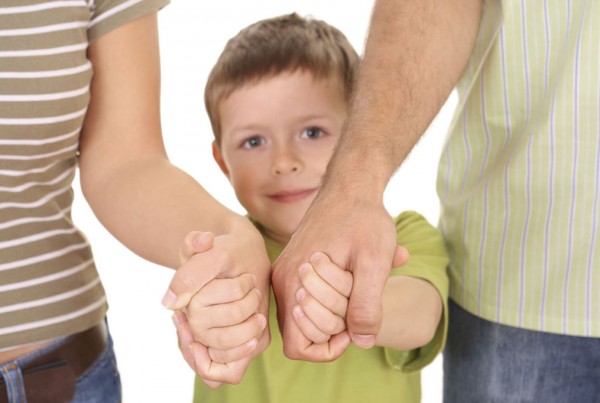
We encourage children to have an imagination and are impressed when they dream about possibilities. We love it when we watch them playing and pretending they are someone or something they are not (e.g., look at me I am spider man). If you spend any time watching children’s television programs you would see advertisements for toys that are shown to do things the toy cannot do. They want the magic wand that will turn them into princesses and super heroes. We do not think of these examples as lies and yet they are untruths. How can we help children learn the difference and still inspire dreams and imagination?
Research shows that people over the age of four lie. The types of lies studied typically fall into two categories: anti-social and prosocial. Anti-social lies would be considered in terms of not telling the truth about one’s own behavior (e.g., “did you push your sister”; No). Anti-social lies are shown to be related to the child’s level of moral development (ability to understand how the behavior is viewed by or affects others and a willingness to be seen by others in a positive light). Lies are said to be used when the child is afraid of the consequences of telling the truth; when the lie enhances the perception of self and often when the child has low self-esteem.
Pro-social lies are told frequently in our society. We respond to the question “How are you” with “well” or ‘good’ even when we are not. We express gratitude and pretend to like gifts we don’t like or we ask our child/spouse to tell the person on the phone we are not at home when we actually are. Children do not instinctively know the difference between anti-social and pro-social lies and often hear/see the parent lie and conclude it must be okay to do so.
As parents and teachers of children we can help them understand the difference between anti-social and pro-social lies and help them to understand how their behavior affects others. We can also teach them the difference between pretending, things we create with our imagination, and straight up lying.
Sometimes our children need to feel bad (without shame; shame can be inherent in labeling [telling the child he/she is a liar; or in the tone we use]) if they are to truly understand how lying affects others. If you see/hear a child do something they are not permitted to do (e.g., kick the dog; throw a toy at her brother) tell them you know they did it and give appropriate consequences don’t ask the child if they did something you know they did. If you don’t know then ask and remind them that you value truth and will when possible investigate their stories. Help children understand how lying erodes our trust and our respect of and for individuals Buy lasix. Help them understand that we understand the desire to not tell the truth, and that sometimes having to own what we did feels bad. Help them see that it is human to feel as though telling the truth can feel scary and that there are things we might be afraid of if we do tell the truth. Moreover, help them to know that the truth, in the long run, always makes us feel better about ourselves and model truth in your own life.



